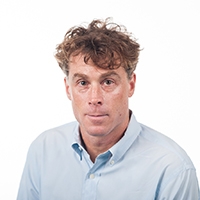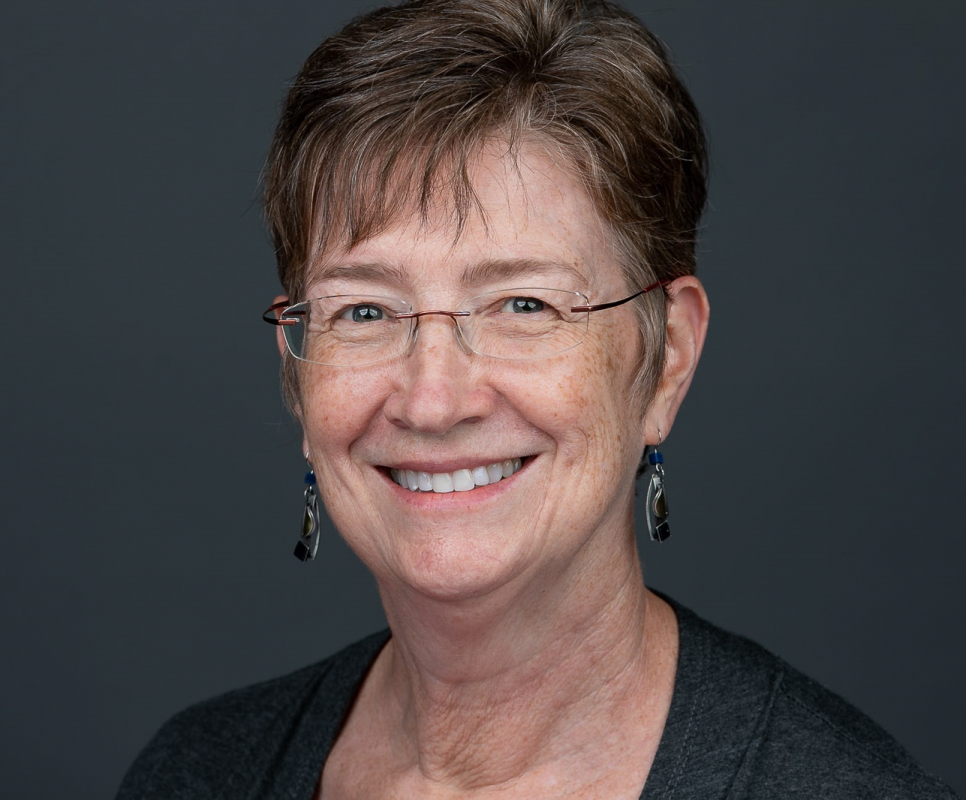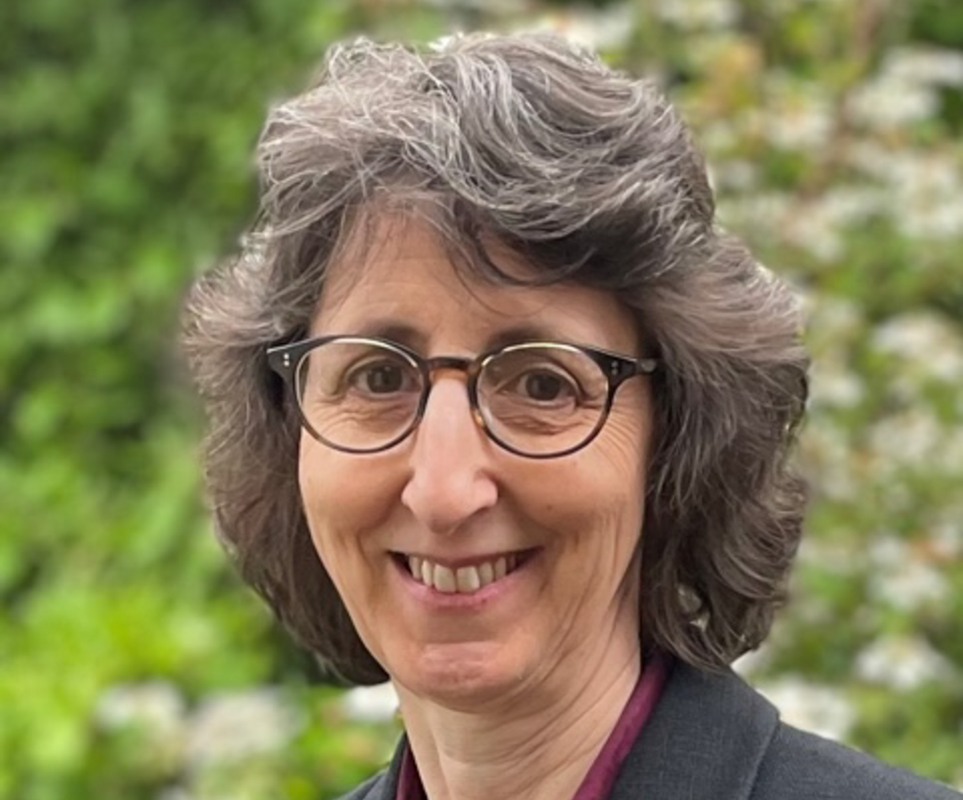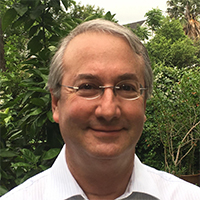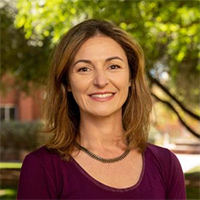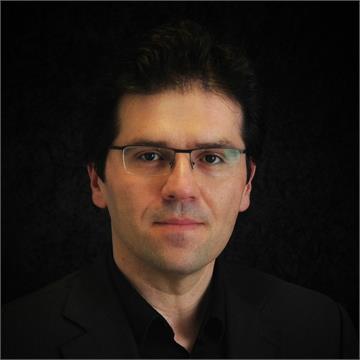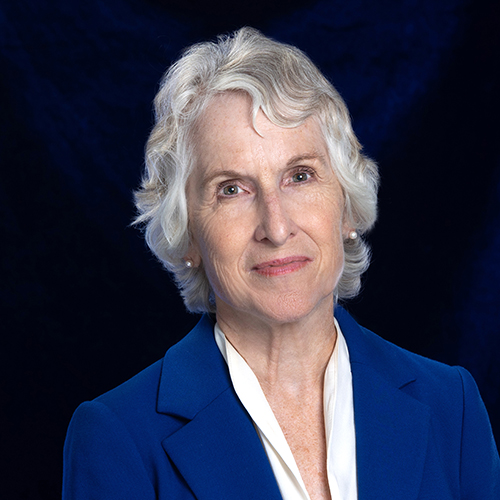 Dean Susan Lozier
Dean Susan Lozier
Susan Lozier is the dean of the College of Sciences, Betsy Middleton and John Clark Sutherland Chair, and a professor in the School of Earth and Atmospheric Sciences at Georgia Tech.
She serves as chief academic officer of the College, providing leadership to more than 3,500 students and 500 faculty members and researchers across six internationally ranked schools.
Dean Lozier is a physical oceanographer with an interest in the ocean’s role in climate variability and change. An active researcher, she is the international project lead for the National Science Foundation Overturning in the Subpolar North Atlantic Program (NSF OSNAP) observing system, designed to measure the meridional overturning in the subpolar North Atlantic.
Elected to the American Academy of Arts and Sciences in 2020, Dean Lozier recently served as president of American Geophysical Union (AGU), a scientific organization of more than 60,000 members in 137 countries and leading voice for earth and space science. She has also served as president of The Oceanography Society.
She currently serves on the Board of Trustees for the Woods Hole Oceanographic Institution and is a member of the Board of Directors for the Monterey Bay Aquarium Research Institute.
Lozier earned a bachelor’s degree in chemical engineering from Purdue University, and spent three years working as a chemical engineer for the DuPont Company before joining the University of Washington to complete a master’s degree in chemical engineering and a Ph.D. in physical oceanography. Lozier was the first woman to graduate from the University of Washington’s physical oceanography doctoral program.
Following postdoctoral studies at the Woods Hole Oceanographic Institution, she joined the faculty of Duke University in 1992, where she led as department chair, faculty senate chair, vice provost for strategic planning, co-chair of Duke’s effort to reimagine graduate education, and as Ronie-Richele Garcia-Johnson Distinguished Professor of Earth and Ocean Sciences in the Nicholas School of the Environment, among the highest honors that Duke can bestow on a faculty member. Learn more.
Associate and Assistant Deans
Deans within the College help guide and advance our mission, purpose, and strategic plan.
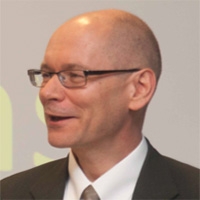 |
David M. CollardSenior Associate Dean in the College of Sciences
|
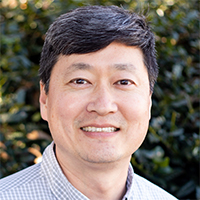 |
Young-Hui ChangAssociate Dean for Faculty Development in the College of Sciences
|
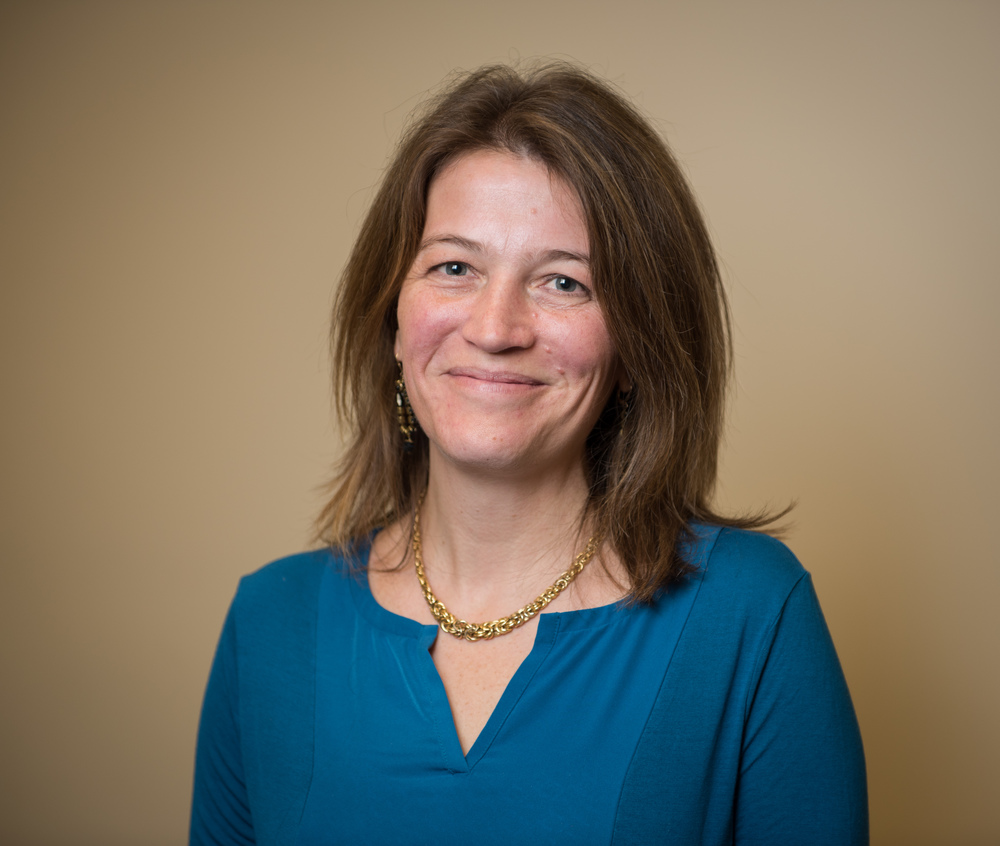 |
Laura CadonatiAssociate Dean for Research in the College of Sciences
|
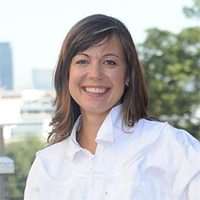 |
Jennifer K. LeaveyAssistant Dean for Faculty Mentoring for the College of Sciences
|
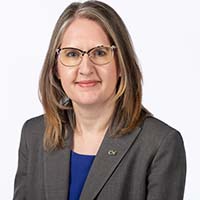 |
Carrie SheplerAssistant Dean for Teaching Effectiveness in the College of Sciences
|
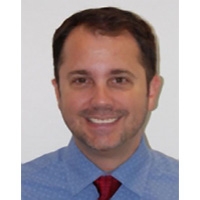 |
John Cameron TysonAssistant Dean for Academic Programs in the College of Sciences
|
School Chairs
Our school chairs are instrumental in the continued success of the College, helping guide the College's research enterprise and ensuring all students graduate ready to make an impact on our world.
Directors
The College's team of directors are here to support for you. Please visit the directory for individual contacts, and employee resources for helpful links.
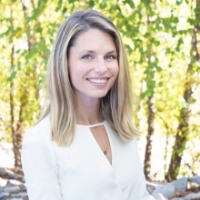 |
Jess Hunt-RalstonDirector of CommunicationsLeads communications strategy, planning, news and public relations to advance the mission and vision of the College and its schools. Serves as primary liaison with Institute Communications for media relations and external outreach, brand management and development, interdisciplinary communications and marketing. Advises and counsels leadership and researchers to help share the impact of science and math at Georgia Tech. |
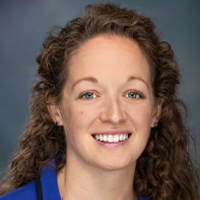 |
Jenny PriceDirector of Human ResourcesDevelops, implements, and manages HR strategies and procedures for the College of Sciences and its schools. Serves as primary HR partner for the College with GTHR on recruitment, compensation, policy interpretation, employee relations, and performance management. |
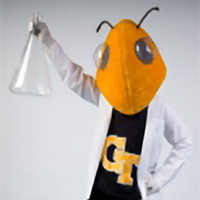 |
Erin NagleDirector of Faculty AdministrationManages and oversee all faculty recruitment processes, including tenure track, visiting scholars, and part-time ensuring compliance with applicable laws and policies. Oversees faculty contract administration, annual review process, and promotion and tenure processes. Manages administrative support staff throughout the college including setting goals and managing performance. |
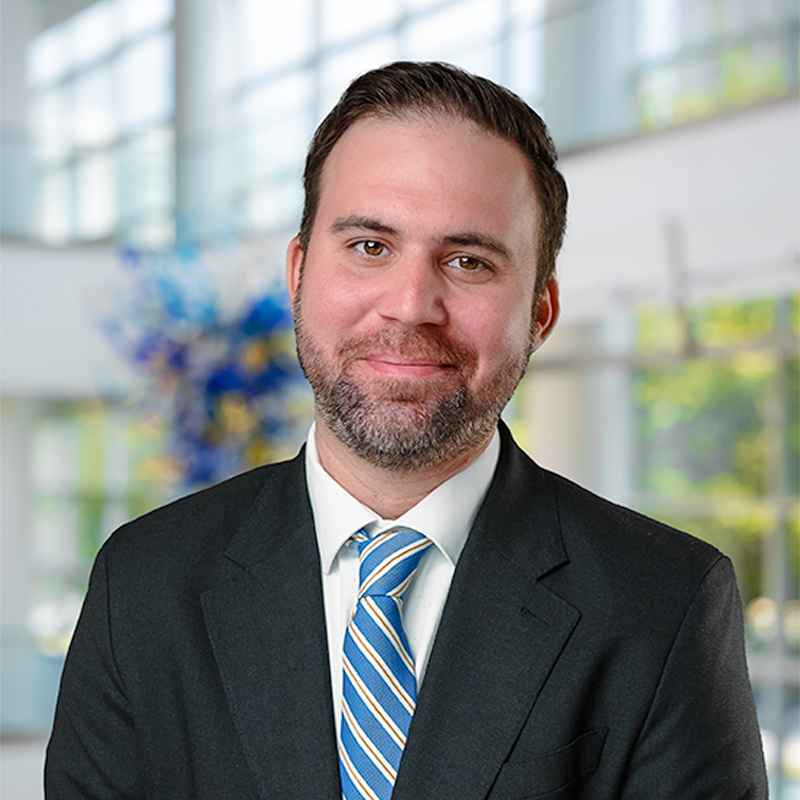 |
Dan WarrenDirector of DevelopmentSecures philanthropic support to advance the mission and goals of the College of Sciences and its schools. |
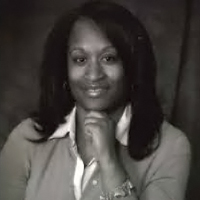 |
Leslie RobertsDirector of Alumni Engagement & Corporate RelationsPartners with alumni, faculty, staff, and students to create social, professional, and academic events and activities. Leads alumni and corporation relations communications. Collaborates with Development, Career Education, and the Georgia Tech Alumni Association to lead key programs, initiatives, and outreach. |
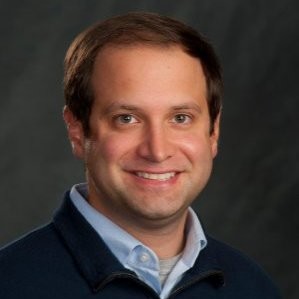 |
Ross BongioviDirector of Facilities and Capital DevelopmentLeads facilities management, building construction and renovations, capital planning and development, and unit relocations for the College. |
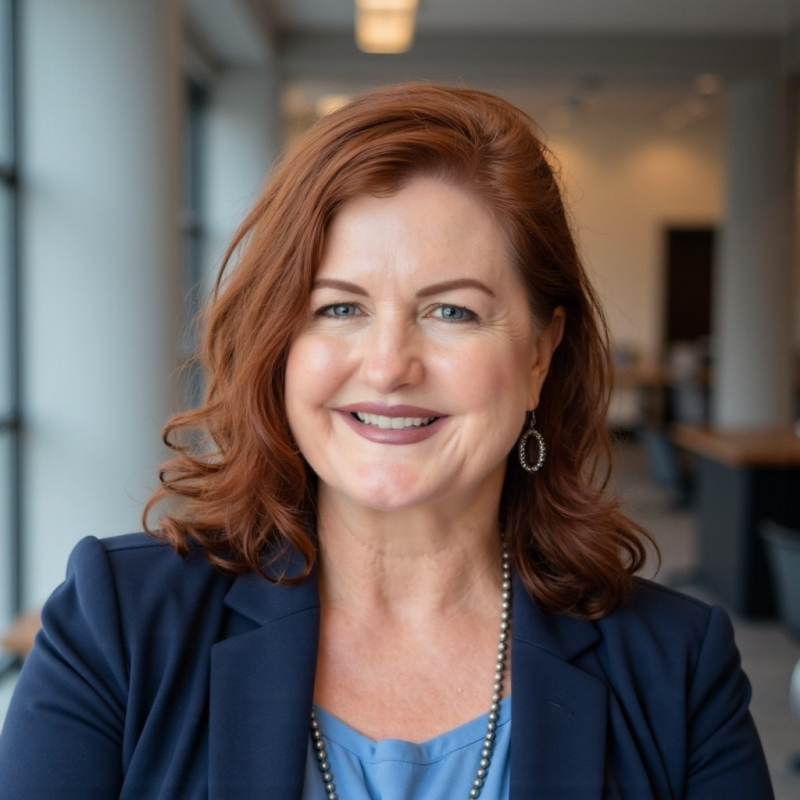 |
Kristin BertholdDirector of FinanceServes as financial advisor to the College’s executive leadership and chief financial liaison to the College’s six schools. Oversees all fiscal affairs of the College, including budget administration and financial operations. |
 |
Justin FilosetaDirector of Information TechnologyAdvises on technology, data, and research computing matters. Identifies and directs the design, development, and implementation of IT services and solutions to support and enhance the academic and research missions of students and faculty. Coordinates IT resources. Serves as a campus technical expert. |
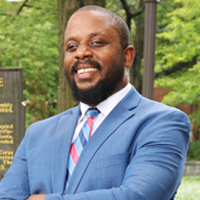 |
Lewis A. WheatonDirector of Community Engagement
|

